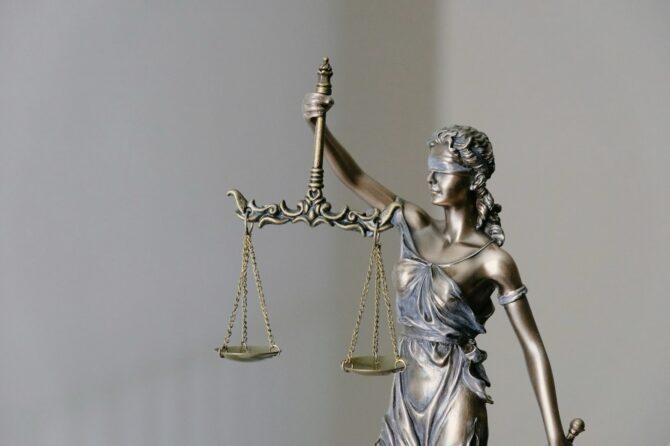Legal cases are battles fought not with persuasive arguments but with precise documentation. It can be a misstep in recording testimony or misquoting a witness that tips the scales of justice. Frequently, a transcript serves as a quiet protector, guaranteeing that every word is documented and kept track of. Attorneys, judges, and juries rely on transcripts to eliminate distractions and concentrate on the details.
Even experienced professionals in law, who sit in quiet retirement from the courts, know that good transcripts have power. Depositions and heated courtroom rhetoric all stem from one core source: the transcript.
Contents
Foundation of Justice: Why Accurate Transcripts Matter
Every case begins with a story, and transcripts are the pages on which that story is written. From depositions to courtroom exchanges, transcripts provide an objective record of events, ensuring no detail is lost. One error in transcription can be the difference between winning a case and making a costly mistake. That’s why quality matters.
In a high-stakes case, having a reliable partner to handle legal transcripts makes all the difference. This is where Ditto Transcripts provides an invaluable service. They have expertise in legal transcription, delivering accurate and reliable services that reassure attorneys and litigants. Their work, covering depositions, hearings, and arbitrations, forms the basis for case development.
After all, a transcript isn’t just a document—it’s a tool for justice. The correct transcription service ensures that the facts remain indisputable, paving the way for fair outcomes.
Depositions: The First Domino
The deposition discovery process marks a significant initial step in a case, indicating what will come. Attorneys can interrogate witnesses, gather information, and establish key narratives. Nevertheless, without a precise transcript, depositions are merely discussions that can fade from memory.
A witness provides vital details during a deposition. Several months later, at the trial, they gave testimony that contradicted their earlier statement. A precise transcript will highlight those discrepancies, thus safeguarding the case’s integrity. It serves as the initial trigger in a sequence that influences strategy, arguments, and settlement negotiations.
Legal teams rely on transcripts to refer to these foundational moments, ensuring nothing falls through the cracks. The ripples of a deposition transcript can ripple through an entire trial, making it all the more critical in the legal process.
Courtroom Drama: The Power of Words
Every word counts in the courtroom. Witness testimonies, lawyer arguments, and judge rulings all weave into the legal tapestry. Courtroom transcripts capture this drama in detail, preserving what and how it was said. Tone, context, and even pauses are immortalized on the page.
The transcript becomes Exhibit A if a party believes a legal error occurred. For example, a defense lawyer might sift through pages of testimony, searching for a statement that supports a claim of bias or procedural misconduct.
In addition, transcripts promote accountability and transparency by holding all those in the courtroom to their words. They are not records but protection mechanisms of the right to a fair trial.
Beyond the Verdict: The Long-Term Impact of Transcripts
Verdicts do not mark the end of legal cases. Appeals, precedents, and even historical analysis often depend on transcripts. Landmark cases, such as civil rights or corporate accountability, owe much of their impact to meticulously preserved transcripts.
For instance, transcripts of landmark cases have been used to train future lawyers and inform public policy. They ensure that the lessons of the courtroom extend far beyond its walls. These cases can be remembered with transcripts, and their contributions to justice are preserved for time.

Conclusion: Written Words That Shape Justice
Transcripts are crucial in legal proceedings, from depositions to verdicts, ensuring accountability and maintaining the justice system’s integrity. They capture the essence of legal processes, whether in a courtroom debate or a deposition.
Reflect on the importance of these documents in guaranteeing fair trials and their central role in justice. The power of justice often lies in the written word and the choices we make to preserve it to shape our future.




